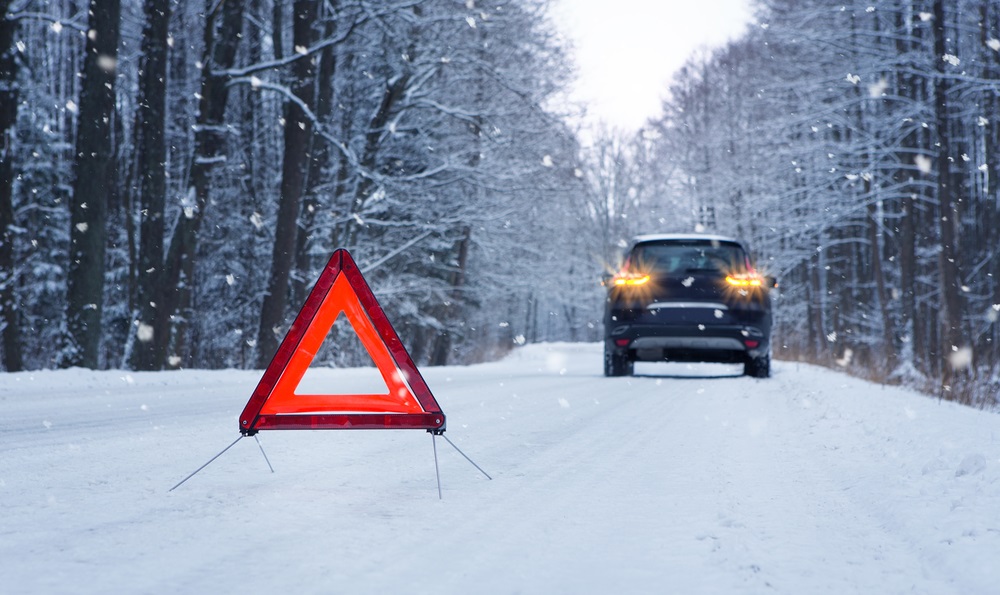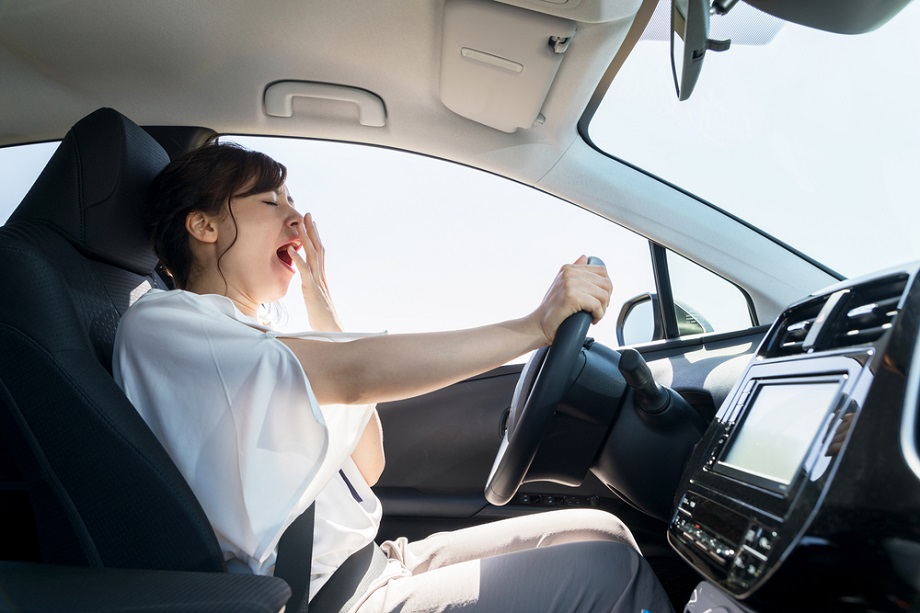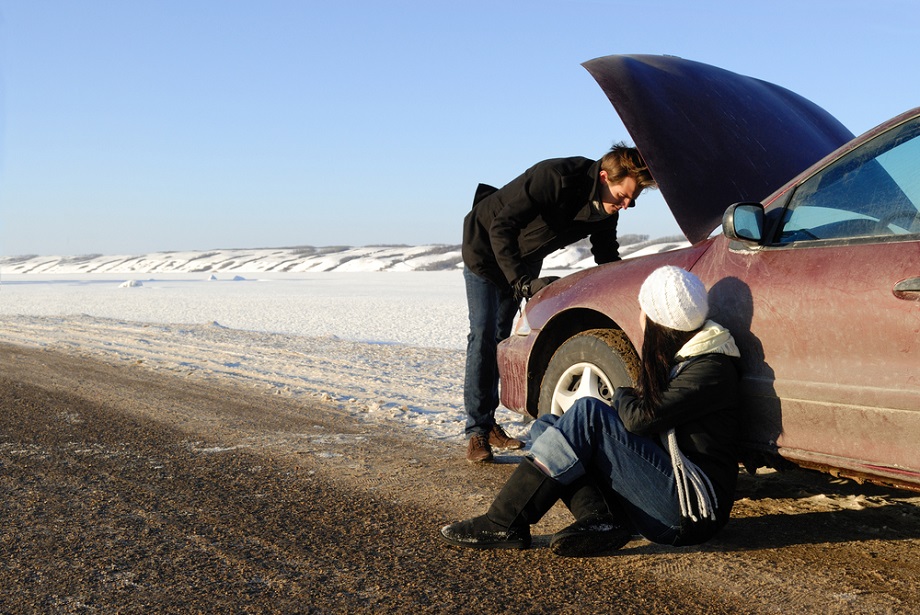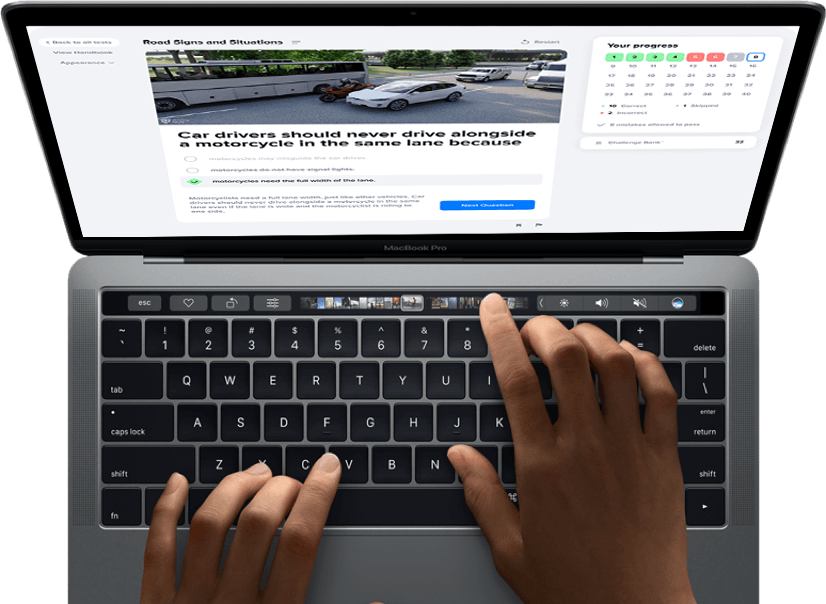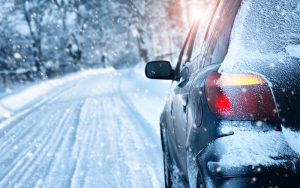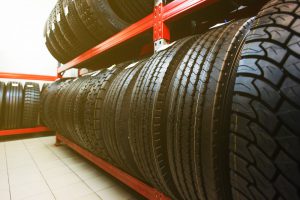New and seasoned drivers alike can make errors while driving, and winter roads can make driving even more hectic and dangerous.
5 Mistakes You Should Avoid on Winter Roads
- 1
Where the Rubber Meets the Road
If you have ever lived anywhere near mountains and the ability for winter storms to move in rapidly, you have seen the emergency chain scurry that can happen. The roads will be closed off to those who do not have chains on their tires. There are even little roadside businesses in areas like this that sell and put chains on for motorists. That’s because not having proper traction can cause major issues, not just for the cars losing the grip to the road and, therefore, control of their position and direction in the lane, but for other drivers as well.
Also, those tires that were balding over summer become an even more serious issue once the roads become slick with ice and snow. Keep in mind that balding tires can be just as treacherous any time of year, especially when the roads are wet. But winter conditions can only add to the risk factor. So, don’t put off replacing those tires. If you live in an area where chains are often required, invest in a pair and learn to put them on before waiting for an emergency to try to learn. Here is how to determine whether you need new tires:
- 2
Improper Speed for Conditions
The posted speed limit is not meant to be the guideline for your minimum speed, especially during bad road conditions. You can, in fact, be pulled over for simply going faster than you should in bad weather, regardless of whether you were under the speed limit or not. The trick to deciding what speed limit to go with is to be realistic about what feels safe, and then lower it even more. Reports indicate that when driving on packed snow, a good rule of thumb is to knock down that speed to about a fourth of the usual speed for that area. Here is more about driving in the snow:
- 3
Not Being Prepared
First of all, before setting out on a trip during questionable conditions, even across town, find out what the weather predictions are. In fact, even find out what may be currently happening even in the area you where are going. Snow can move in hard and fast, making the roads less manageable and visibility almost nil. Sleet can do the same thing. And ice can form even if the morning was fairly warm and clear. A severe temperature drop will cause ice to form on roads, and even just a small patch can make an easy drive a serious, potential threat.
Aside from that, you should have an accident preparedness kit in your car. Too many motorists end up stranded in their car and suffer hardships simply because they didn’t prepare and have some essential items you should have for winter drives. Sometimes, in fact, people have died when it could have been avoided by having a few things handy. So make sure you keep some extra warm clothes and blankets, a flashlight, matches, some snacks, water, a first aid kit, ice scraper, spare batteries for a cell phone and anything else you can think of. Skipping this step could really be the difference between life and death. The following survival guide will help you get all the necessary stuff for your car.
- 4
Not Being Realistic about How Much ‘Holiday Cheer’ Is Too Much
New Year’s Eve can be one of the most dangerous nights to be on the roads because of the increased numbers of drivers who are legally intoxicated. The thing is, many drivers assume that being buzzed is safe and then get out on the roads. This is not true at all and, if you add winter road conditions to the mix, it can be a fatal mistake. And for those who are inexperienced drivers to begin with, this is a three strike type of situation.
When in doubt, make other arrangements. Call a cab, get a hotel room or see if the host of the party you were at would let you sleep it off for at least a few hours. Even if you start to drive and realize it is not a good idea, do not just try to make it home anyway. If needed, plan to budget a few extra dollars for that night in case you should need a hotel or taxi. By the way, driving while tired can be easily as dangerous. If you are tired from staying out late after ringing in the New Year or are simply taking a road trip during the winter months, do not drive to the point of exhaustion.
Always keep in mind that a fatigued driver is as dangerous as a drunk one![drowsy driver]()
- 5
Leaving the Car Behind
While it may not be something anyone wants to think about, there is always a chance you could end up stranded in your car. If this should happen, one of the biggest mistakes motorists make is leaving the car to look for help. Unless the car is in the road or in otherwise unsafe conditions, the car may be the only safe, dry and fairly warm place for you to be. This is especially true if you have your emergency kit with you. Put flares near the car, if you have them. Clear your exhaust pipe of mud, ice or snow and then let the car run for a few minutes each hour for warmth. You have a better chance of survival if you stay in a shelter and do not end up lost even further by trying to walk back for help.
Doing various exercises and activities will help you stay warm![stranded on the road]()
While you shouldn’t be in a panic about winter driving, you should be aware circumstances will be different during this time of year.
Keep these tips in mind and use common sense, and you are bound to be fine. Plenty of motorists drive winter roads every year without incident. Reduce your risk by being smart, prepared and safe.
